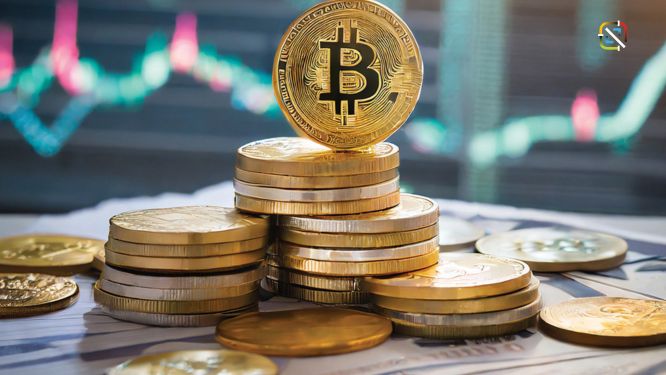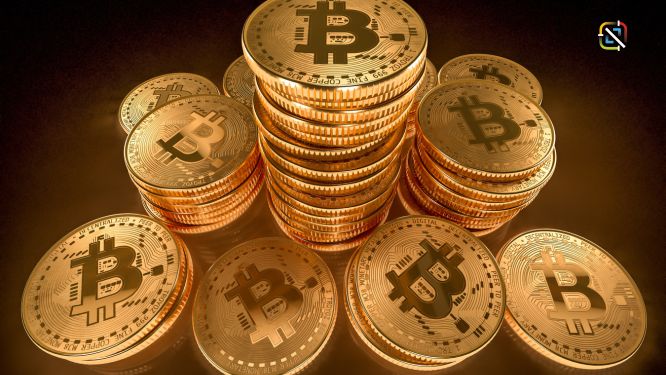
Richard Teng, CEO of Binance, has strongly refuted accusations from the administration of Nigerian President Bola Tinubu that the cryptocurrency platform is responsible for the continued decline of the Naira, Nigeria’s national currency. Teng emphasized that the Naira’s depreciation persisted even after Binance halted its peer-to-peer (P2P) services in the country earlier this year.
Government’s Allegations
The Nigerian government had imposed a hefty $10 billion fine on Binance in March 2024, claiming that the platform’s alleged illegal operations contributed significantly to the Naira’s devaluation. Bayo Onanuga, Special Adviser to President Tinubu, argued that Binance’s activities had a destabilizing effect on the Nigerian economy by allegedly fixing the exchange rate outside of the Central Bank of Nigeria’s (CBN) authority.
Onanuga, in an interview with the BBC, stated, “The platform fixes the exchange rate for the country, and it is an illegal rate. The CBN is the only authority that can fix the exchange rate for the country.” He further accused Binance of harboring individuals who manipulate exchange rates to the detriment of Nigeria’s economic stability.
Binance CEO’s Response
In response to these accusations, Teng pointed out that the Naira’s steep decline has been ongoing and is linked to broader economic policies rather than Binance’s operations. He noted that the currency’s fall began after the Nigerian government ended the Naira’s currency peg in June 2023, a decision that many experts agree triggered the most significant drop in the Naira’s value in recent history.
“To everyone paying attention, this is not backed up by facts,” Teng asserted. “Between 2021 and the end of 2022, the Naira traded within a relatively narrow range of USD1: 380 to USD1: 440. We have been offering P2P services as a value-added service for our users wishing to get exposure to crypto during that period of time.”
Teng highlighted that the end of the currency peg in June 2023 led to the Naira’s rapid depreciation, with the exchange rate falling from USD1: 460 in June 2023 to USD1: 900 by the end of the year. The downward trend continued, with the Naira hitting a recent low of USD1: 1,660 on July 31, 2024, representing a 50% decline from the start of 2024.
“The downward trend continued despite Binance ceasing to offer P2P services in the country in February 2024,” Teng added, dismissing the government’s claim that Binance was responsible for the Naira’s freefall.
Conclusion
The ongoing dispute between Binance and the Nigerian government highlights the complexities of regulating cryptocurrency in emerging markets. As both parties continue to present their cases, the broader debate on the impact of digital assets on national economies remains a critical issue for policymakers and industry leaders alike.
More Related News : Qerra.news























